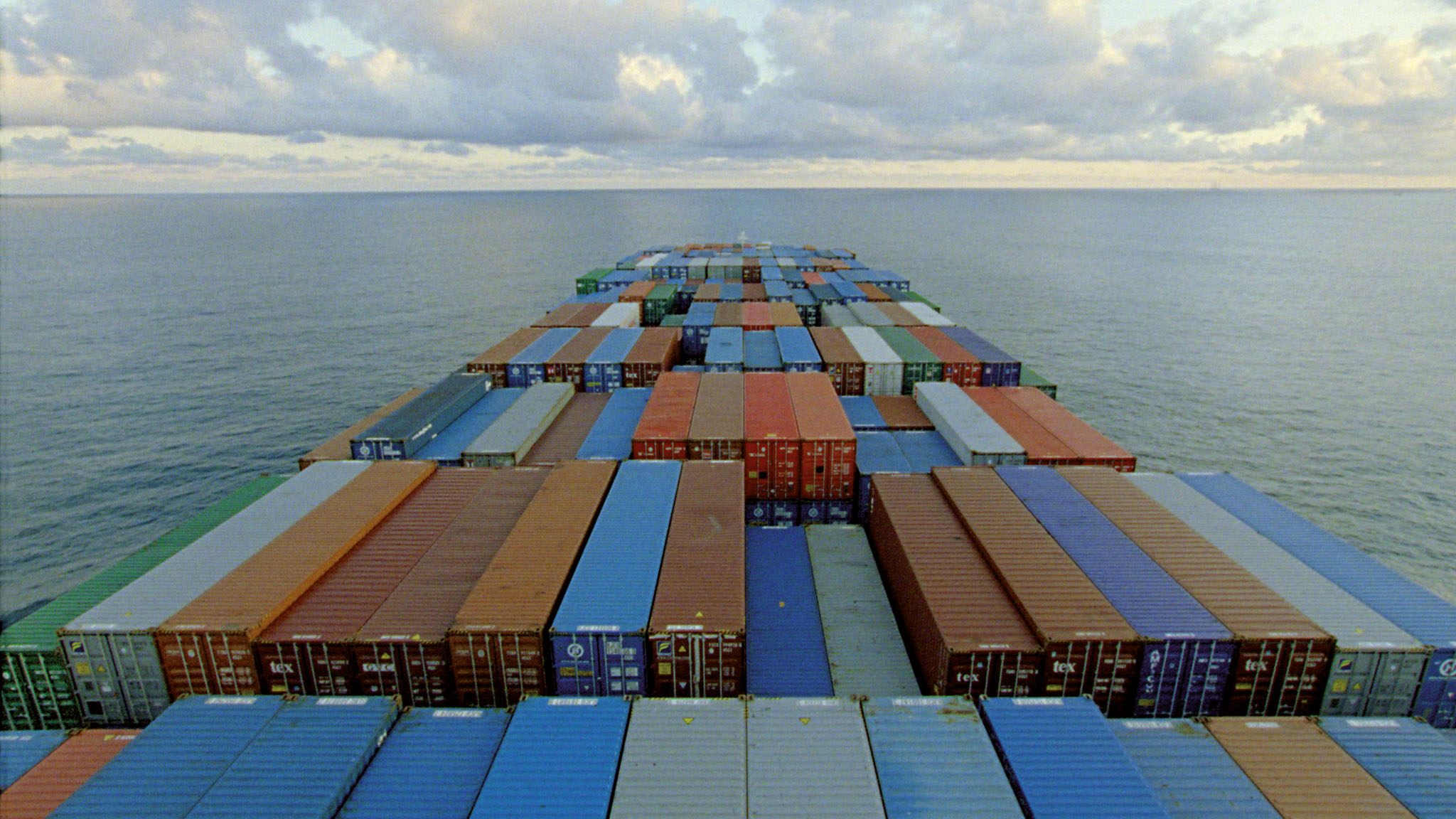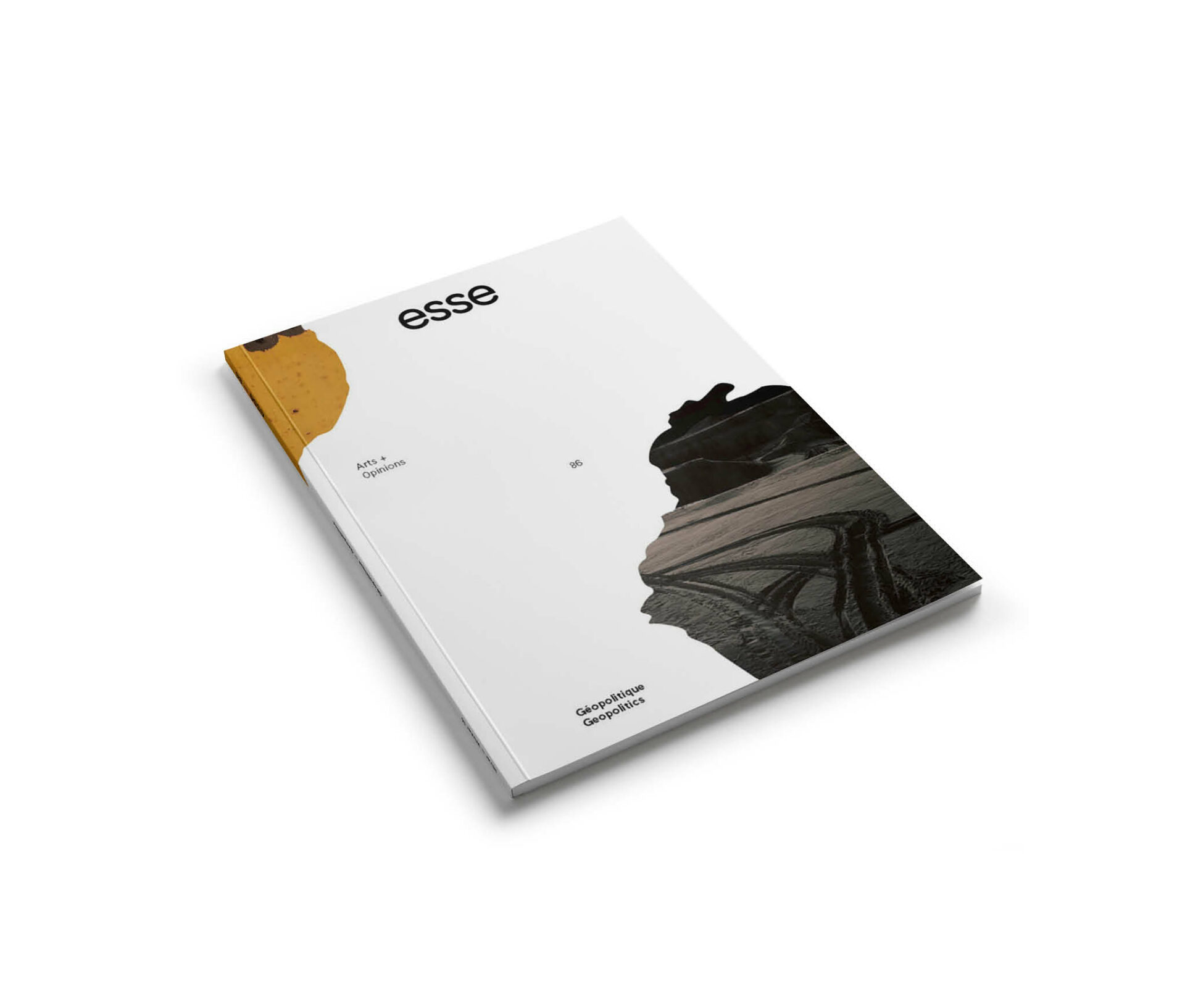
Photo : courtesy of Icarus Films
Geopolitics and capitalist globalization share a characteristic inaccessibility to totalized understandings. The stalwart Marxist political and cultural critic Fredric Jameson identified this dilemma of late capitalism (his preferred term among many to define the era) at a pivotal moment in what we now see as the ascendancy of neoliberalism and globalization. Written in 1984, during the heated debates on postmodernism, his seminal essay “Postmodernism, or, The Cultural Logic of Late Capitalism” pointed toward the profound correspondences between an economic and a cultural fragmentation: postmodernism as a dominant cultural mode to match the dominant mode of economic production.1 1 - See Fredric Jameson, “Postmodernism, or, The Cultural Logic of Late Capitalism,” New Left Review 146 (July — August 1984): 53 — 92. In the midst of both a dizzying, global expansion of the horizons of political struggle and what many saw as the diminution of what the political could speak for, Jameson proposed “cognitive mapping” as postmodernism’s aesthetic antidote.2 2 - Jameson’s mapping was oriented toward the global, but totality was clearly not a term embraced by all at the time, as evidenced by the turn toward themes such as temporary autonomous zones, heterotopias, micro-politics, and the end of metanarratives.


